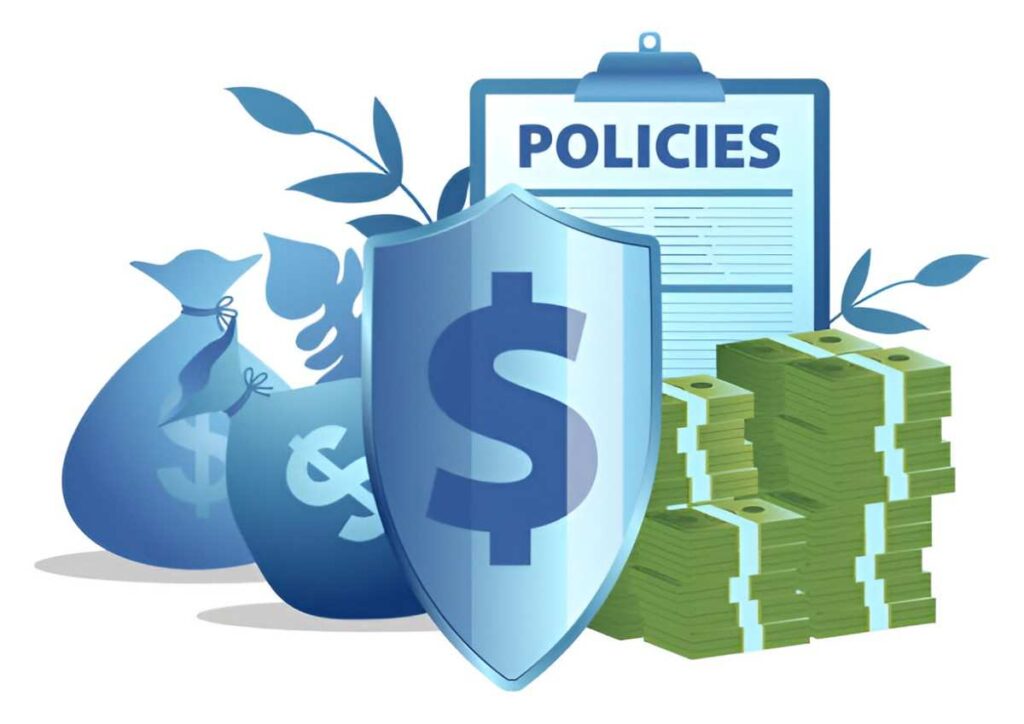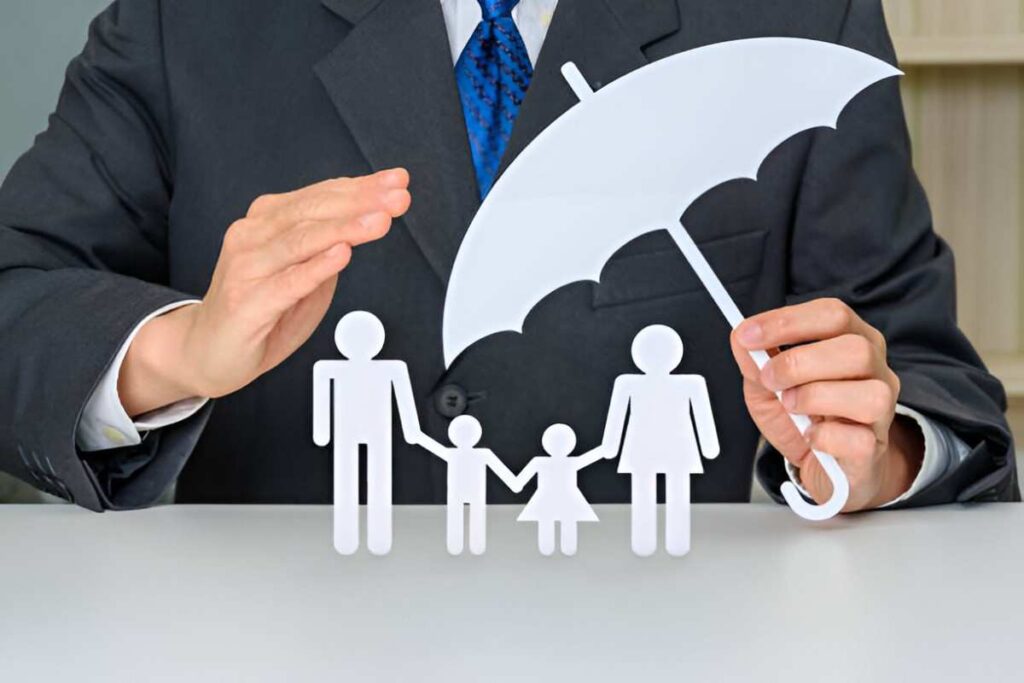As someone who has spent years navigating the complexities of finance and risk management, I understand how daunting insurance terminology can be. Products liability insurance is one of those critical coverages that businesses—especially manufacturers, distributors, and retailers—must grasp to protect themselves from financial ruin. In this guide, I break down everything you need to know about products liability insurance, from its fundamental principles to real-world applications.
Table of Contents
What Is Products Liability Insurance?
Products liability insurance shields businesses from legal and financial repercussions if a product they design, manufacture, or sell causes harm. Whether you run a small e-commerce store or a large manufacturing plant, this coverage is essential. Without it, a single lawsuit could devastate your business.
Why It Matters
In the U.S., product liability laws hold businesses strictly liable for defects, meaning plaintiffs don’t always need to prove negligence. A well-known case is Liebeck v. McDonald’s, where a customer suffered third-degree burns from hot coffee. The jury awarded $2.86 million in damages (later reduced). While extreme, this case underscores the risks businesses face.
How Products Liability Insurance Works
Coverage Scope
Policies typically cover:
- Manufacturing defects – Errors during production.
- Design defects – Flaws inherent in the product’s design.
- Marketing defects – Inadequate warnings or instructions.
Exclusions
Most policies exclude:
- Intentional misconduct.
- Recall costs (unless added as an endorsement).
- Punitive damages in some states.
Key Components of a Policy
Limits of Liability
Policies specify maximum payouts per claim (\text{Per Occurrence Limit}) and aggregate limits (\text{Aggregate Limit}). For example:
\text{Per Occurrence Limit} = \$1,000,000 \text{Aggregate Limit} = \$2,000,000This means the insurer pays up to \$1 million per claim, with a total cap of \$2 million per policy term.
Deductibles
The deductible (D) is your out-of-pocket cost before coverage kicks in. If a claim costs \$50,000 and your deductible is \$5,000, you pay \$5,000, and the insurer covers \$45,000.
Calculating Premiums
Insurers assess risk using factors like:
- Product type (higher risk for medical devices vs. clothing).
- Sales volume (more units sold = greater exposure).
- Claims history (past lawsuits increase premiums).
A simplified premium formula might look like:
\text{Premium} = \text{Base Rate} \times \text{Exposure Units}For a company selling 10,000 units at a base rate of \$2 per unit:
\text{Premium} = 10,000 \times \$2 = \$20,000Real-World Example: Bicycle Manufacturer
Suppose a bike manufacturer faces a lawsuit after a faulty brake causes an accident. The plaintiff seeks \$500,000 in damages.
- Policy Limits: \$1M per occurrence / \$2M aggregate.
- Deductible: \$10,000.
The insurer covers \$490,000 (\$500,000 – \$10,000), protecting the manufacturer from financial disaster.
Comparison: Occurrence vs. Claims-Made Policies
| Feature | Occurrence Policy | Claims-Made Policy |
|---|---|---|
| Coverage Trigger | Incident occurs during term | Claim filed during term |
| Tail Coverage | Not needed | Requires extended reporting |
| Premium Stability | More predictable | Can fluctuate |
Legal Landscape in the U.S.
State laws vary, but most follow:
- Strict Liability – No need to prove negligence.
- Negligence – Plaintiff must show failure in duty of care.
- Breach of Warranty – Violation of express/implied guarantees.
Final Thoughts
Products liability insurance isn’t optional—it’s a necessity. I’ve seen businesses crumble under lawsuits they never anticipated. By understanding your policy’s terms, limits, and exclusions, you can make informed decisions that safeguard your company’s future.





